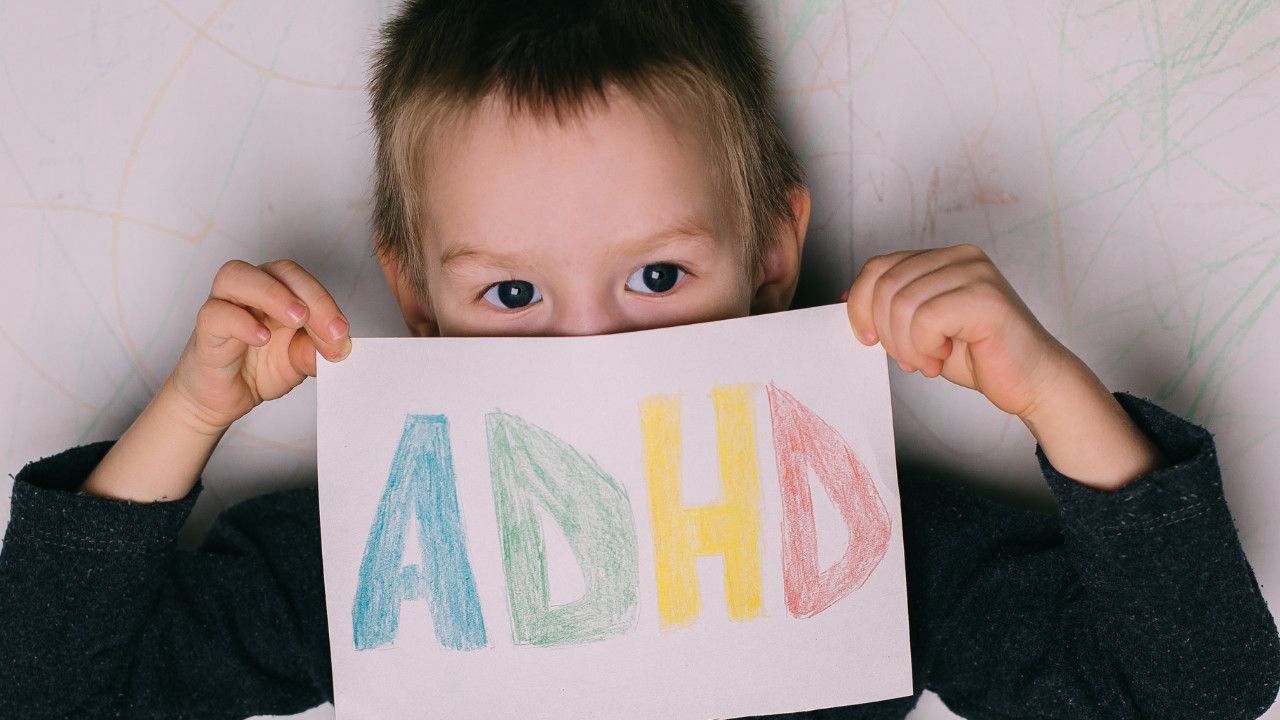To Label or Not to Label: Finding the Balance for Kids with ADHD

In my work with families and individuals impacted by attention deficit hyperactivity disorder (ADHD), I often hear the words “I don’t want my child to be labeled” as we discuss an ADHD diagnosis. This type of diagnosis is often very confusing and scary for individuals, parents or partners. There are many myths about ADHD that have been propagated and so many people receive this diagnosis without proper education and facts about what ADHD is and what it isn’t.
Parents specifically are often resistant to share the diagnosis with educators, family and the child who is impacted by ADHD or their siblings for fear of judgement and criticism.
So, what is the concern with Labels?
When I hear this from parents, I often try to explore their concerns more in depth to understand where they come from. I hear things that range from “I don’t want them to feel bad about themselves’, “I don’t want them to be perceived as a ‘problem’, or as ‘naughty;” or “I don’t want other kids, teachers, family to judge them or bully them”.
These are all valid concerns with any and all children. As I considered writing about this topic, another article on “labels” hit my inbox. In this article, the author was discussing that many labels are harmful to an individual’s self-esteem and that labels often become a part of their identity and can limit their short term and long-term success.
I believe this is true in many cases with many labels that children hear about themselves. Caregivers, educators and friends can all influence a child’s identity by how they refer to them and many of us have had negative experiences with a careless comment, an insensitive reference or “label”.
However, if your child has a challenge or struggle, wouldn’t you want to:
✔ Identify and understand that struggle
✔ Learn what you can about it
✔ Educate yourself and your child with facts, tools and tricks and
✔ Determine how to minimize the impact of that struggle on their life
I am a big believer in Growth Mindset. Carol Dweck who has done extensive research on Growth Mindset defines it as:
Growth mindset: “In a growth mindset, people believe that their most basic abilities can be developed through dedication and hard work—brains and talent are just the starting point. This view creates a love of learning and a resilience that is essential for great accomplishment.” (Dweck, 2015)
When an individual has a growth mindset, they view challenges, struggles and obstacles as learning opportunities – what can I do more of or less of to minimize this struggle, what can I do to get around this obstacle, what can I learn from “experts” that can help me, and what can I learn from this struggle or failure that I can apply to similar situations and improve?
A Growth Mindset is critical in developing resilience, persistence and grit. Normalizing struggles and failures is necessary for all humans to keep moving forward. We all want our children to develop these qualities as they grow and mature and deal with bigger issues.

In addition, these qualities are essential elements of long-term success.
Many individuals with ADHD suffer greatly from labels that are hurtful and harmful. They hear these negative “labels” several times a day!
Russell Barkley indicates that for children with ADHD, up to 85% of the messages they receive daily are negative. Compare this to individuals who don’t have ADHD who receive only 15% negative messages daily. That is an overwhelmingly disturbing statistic and speaks to the negative labels individuals with ADHD hear and internalize. No wonder they often struggle with Rejection Sensitivity Dysphoria (RSD) – a topic for another day.
So, looking at the label of ADHD, I’d rather go forward with that label than leave it to chance. I want my children to understand their struggles rather than internalize the labels they might hear from others. I want to give them a complete and honest understanding of how their brains work, so they can advocate for themselves, educate others as to what works for them, and own their struggles as well as their strengths.
If we understand what ADHD is and what it isn’t, back it up with facts, understanding, compassion and curiosity and apply a growth mindset to solve problems as they arise, we can move forward in a positive way to true acceptance and support rather than a dismissive or judgmental label that minimizes the individuals’ value and worth. Either way, you and your child will be dealing with labels.
If you have some control over the message, if you’re open and honest with your child about their struggles and you build a growth mindset, what will they internalize?
In my experience, they grow to understand that as humans, we all have strengths and struggles, they embrace and develop an understanding about their specific struggles and start to build a learning, resilient and persistent perspective to face their challenges head on so their strengths and awesomeness can shine through with no limits!
If you know someone who is struggling with the impact of ADHD or the impact of negative labels that they’ve internalized as their identity, let me know! I’d love to help them learn the facts about their struggles and set them on a course for true healing, independence and success!
Judy Richardson-Mahre, MA, ADHD-CCSP
Licensed Marriage & Family Therapist
ADHD Expert & Coach
Parent Coach
Educator
612.930.3903

